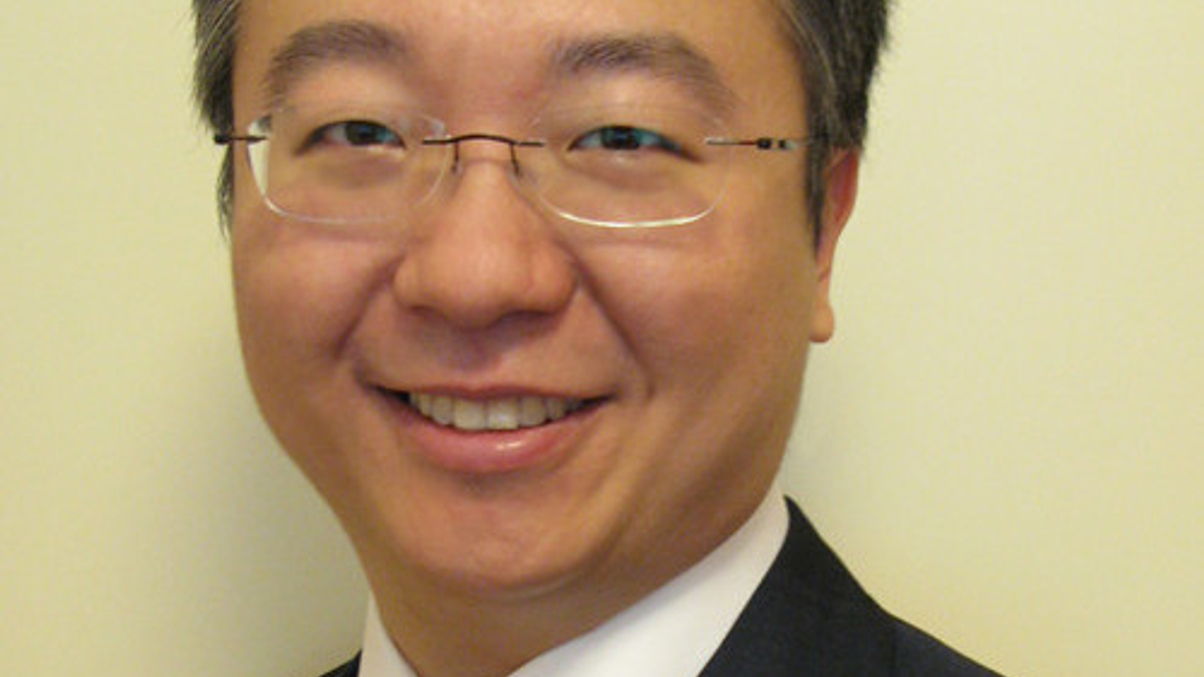Global managers must show edge in China: Bain
Foreign asset managers seeking a mutual fund licence in the mainland must differentiate themselves from domestic players in what is now a crowded market, a forum heard.

Global asset managers looking to enter China will need to prove they can offer something different, as the mainland regulator does not really need new active managers of mutual funds, speakers told a forum in Hong Kong this week.
Sign in to read on!
Registered users get 2 free articles in 30 days.
Subscribers have full unlimited access to AsianInvestor
Not signed up? New users get 2 free articles per month, plus a 7-day unlimited free trial.
¬ Haymarket Media Limited. All rights reserved.


